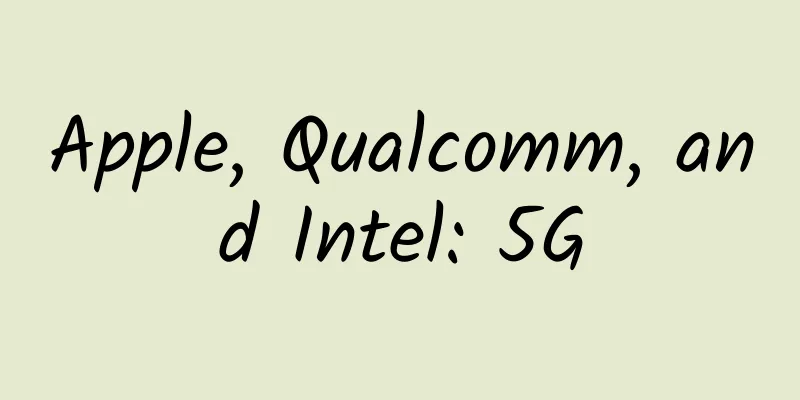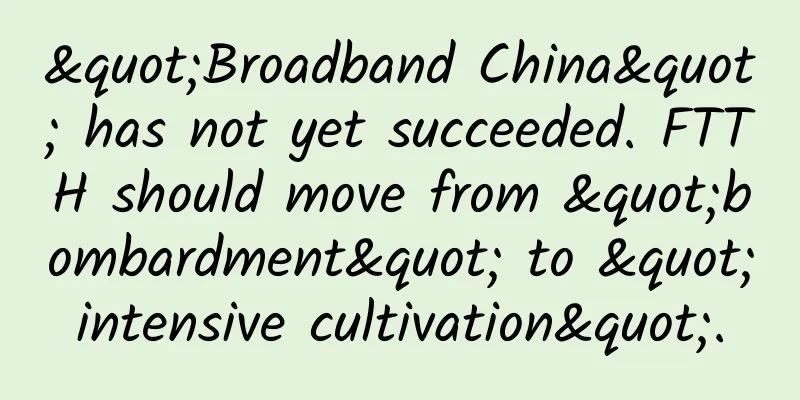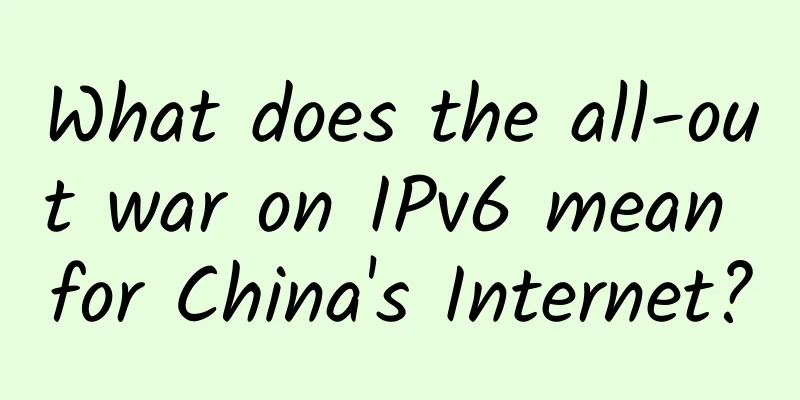Apple, Qualcomm, and Intel: 5G

|
Within 48 hours, Apple, Qualcomm, and Intel, three companies at the center of controversy, staged a drama of the year. Apple and Qualcomm finally decided to put aside their differences and ended the protracted patent tug-of-war by way of settlement; and Intel subsequently announced adjustments to its 5G business, and eventually, Qualcomm chips will appear in Apple's 5G phones.
On April 16, Qualcomm and Apple announced an agreement to resolve all lawsuits between the two parties worldwide. The settlement includes Apple paying Qualcomm a fee. The two parties also reached a six-year technology licensing agreement that took effect on April 1, 2019, including an option to extend for two years, and a multi-year chip supply agreement. On April 17, Intel announced plans to exit the 5G smartphone modem business. Although it will continue to fulfill its customer commitments to the existing 4G smartphone modem product line, it will not launch 5G modem products in the smartphone field, including the products originally planned to be launched in 2020. The two parties that should have gone to court shook hands and made peace, and the two parties that should have worked together to achieve great things parted ways. The 5G modem chip brought the complicated relationship changes among the three communication giants to a climax. The "angry" apple Previously, Apple and Qualcomm had a wonderful cooperative relationship, with the condition that Apple paid Qualcomm $7.5 in patent fees for each iPhone. As iPhone sales grew rapidly around the world, Cook, who took over Jobs' business, found that if iPhone shipments reached the billion level, it would mean paying Qualcomm patent fees of up to $1 billion per year. It is understandable that Apple is taking a different approach. Apple began using Intel chips in 2016 and reached a direct cooperation with Intel in 2017. While abandoning Qualcomm, Apple also filed a lawsuit against Qualcomm, demanding the refund of previous patent fees. In November 2017, Apple accused Qualcomm of charging excessive patent royalties and demanded $27 billion in damages. Qualcomm responded by demanding Apple pay $1 billion in damages and seeking at least $7 billion in overdue payments from Apple and its suppliers. Subsequently, a drama of Qualcomm suing Apple was staged around the world, and Qualcomm has filed more than 100 lawsuits against Apple worldwide. Qualcomm has filed 10 lawsuits against Apple in the United States, 8 in Germany, and 23 lawsuits against Apple in Beijing, Guangzhou, Nanjing, Qingdao, and Fuzhou in China. However, as the two sides were going back and forth, the "times" changed and Apple came to a crossroads. Apple in deep trouble 5G has become an arena for competition between countries. In this arms race without the smoke of gunpowder, China, the United States, South Korea, Japan and other countries have strength that cannot be underestimated, and all parties in the industry are also vigorously promoting the true commercial use of 5G. During MWC2019 in February this year, Huawei released the 5G-enabled foldable phone Mate X, Xiaomi released the 5G version of MIX 3 and demonstrated overseas video calls on site, and OPPO also showcased its first 5G phone. Samsung is faster. According to XDA, the Samsung Galaxy Fold, equipped with Qualcomm Snapdragon 855 processor and Snapdragon X50 5G baseband chip, will be officially released in the United States on April 26 through AT&T, T-Mobile, Best Buy, Samsung Experience Store and other channels. This will be the world's first 5G mobile phone that can be mass-produced and truly commercialized. However, where is Apple's 5G phone? Apple fans must be looking forward to it, but the 5G timetable of Apple's partner at the time, Intel, was not optimistic - its 5G modem XMM 8160 would be launched in 2020. Apple with no choice In fact, Intel's announcement to withdraw from the 5G smartphone modem business was both sudden and not sudden. During MWC2019, Intel announced the termination of its 5G modem chip partnership with Unisoc, which just released its 5G communication technology platform, Makalu, and its first 5G baseband chip, Ivy 510. Unfortunately, this 5G chip for the mid-to-low-end market is not suitable for Apple's product positioning. With Apple's wealth, no one would refuse to cooperate with it. But one thing is better than another. According to media reports, Apple once asked Samsung to buy 5G chips, but the response was that the production capacity was insufficient. Although Huawei also recently expressed its willingness to provide 5G chips to Apple, I am afraid that neither side has the ability to break through the many obstacles in reality. Can Apple's own research and development help it out of its predicament? It is said that Apple has established a baseband chip studio. However, the research and development of baseband chips is not a matter of overnight. Even if it starts now, it will be difficult to apply it to terminal products within three years, and there are also many barriers to intellectual property rights. The terminal market is changing rapidly. For many domestic mobile phone manufacturers, three months is a matter of life and death, not to mention three years. Even a powerful company like Apple cannot grow against the trend in such a tide. This is the reality. Apple has to weigh the pros and cons of whether to take a share of the 5G market or pay patent fees that cannot be avoided. Whether it is active or passive, in the business world, there are no eternal enemies, only common interests. A six-year technology licensing agreement and a multi-year chip supply agreement are enough for Apple and Qualcomm to win 5G. The 5G economic report released by market research firm IHS shows that as the economic benefits of 5G are realized globally, by 2035, the economic output created by 5G in the world will reach 12.3 trillion US dollars. |
<<: How do IDC, CDN, and cloud service providers upgrade to IPv6?
Recommend
Is the WiFi6 network upgrade in your new or old home so great?
At the beginning of the new year, many friends be...
The fourth largest operator enters the market, and the 5G market welcomes a new growth point
It has been three years since my country issued f...
The United States suddenly changed its mind and allowed Huawei to cooperate in formulating 5G standards, only to shoot itself in the foot because of the Entity List
This article is reprinted with permission from AI...
RabbitMQ communication model work model
Hello everyone, I am Zhibeijun. Today, I will lea...
5G leads the new infrastructure, and network construction is ahead - Analysis of my country's 5G network construction
2020 is a critical year for the large-scale const...
The number of active IPv6 users in my country has reached 608 million, and IPv6+ development has entered the second stage
On January 22, according to Feixiang.com, on Janu...
A brief introduction to intent-based networking (IBN)
In campus networks, there are many emerging trend...
Network cabling management issues in data center transformation and upgrading
Cabling is an important part of the internal netw...
In the era of the Internet of Things, how will smart hardware affect our lives?
In recent years, the Internet of Things (IoT) has...
Introduction and solution of TCP sticky packet and half packet (Part 1)
In network transmission, sticky packets and half ...
Three-minute review! A quick overview of 5G industry development trends in April 2021
Since April 2021, my country's 5G development...
AkkoCloud: UK CN2 GIA/Germany CN2 GIA/US CN2 GIA annual payment starts from 299 yuan
At present, it is still a good choice to visit ov...
BandwagonHost has launched CN2 GIA at a special price starting from $74.5/year, with 1GB/20G SSD/1TB@1Gbps/multiple nodes available
Bandwagonhost has launched (restocked) a special ...
Keda releases global perception trinocular camera | one device can do three things
In all kinds of safe and bright construction For ...









